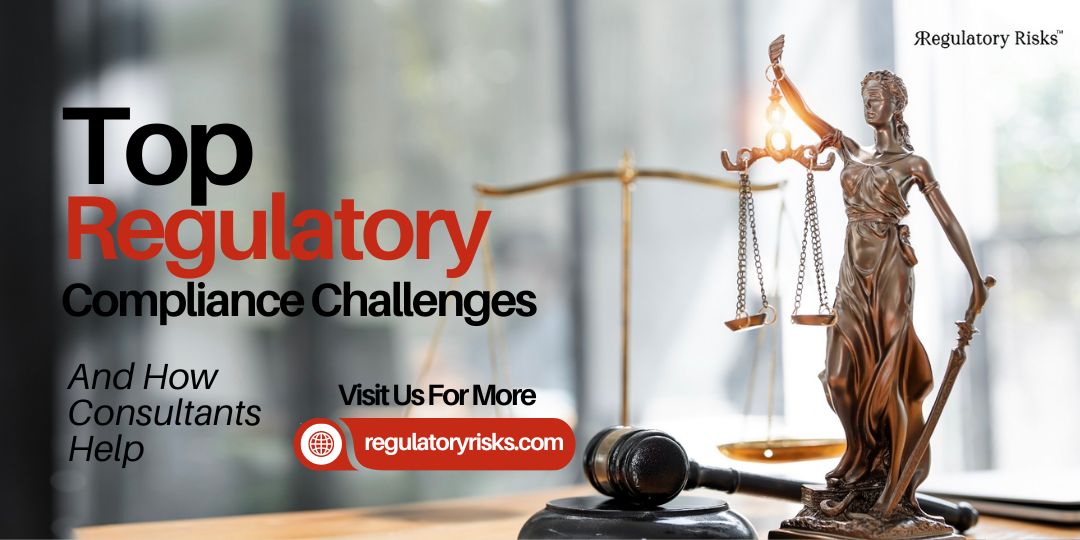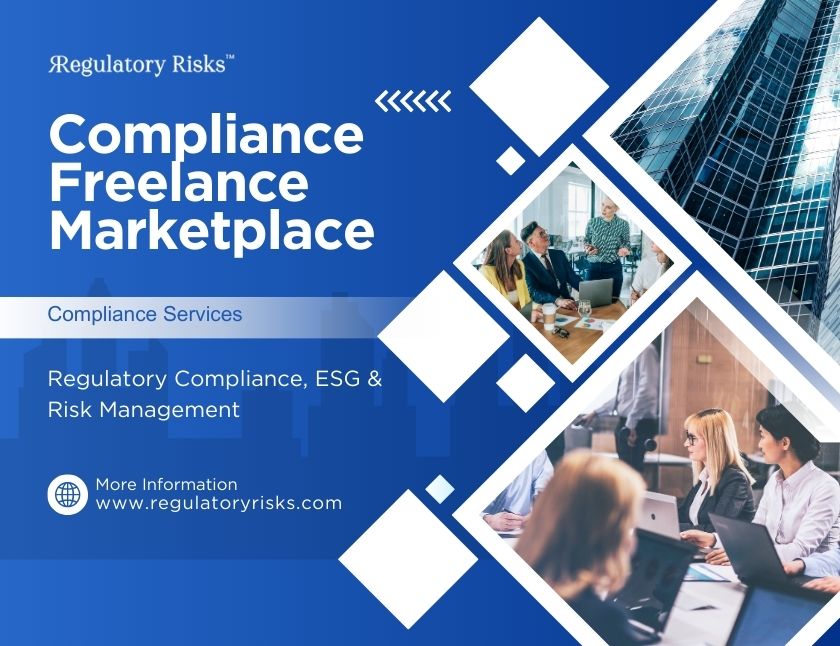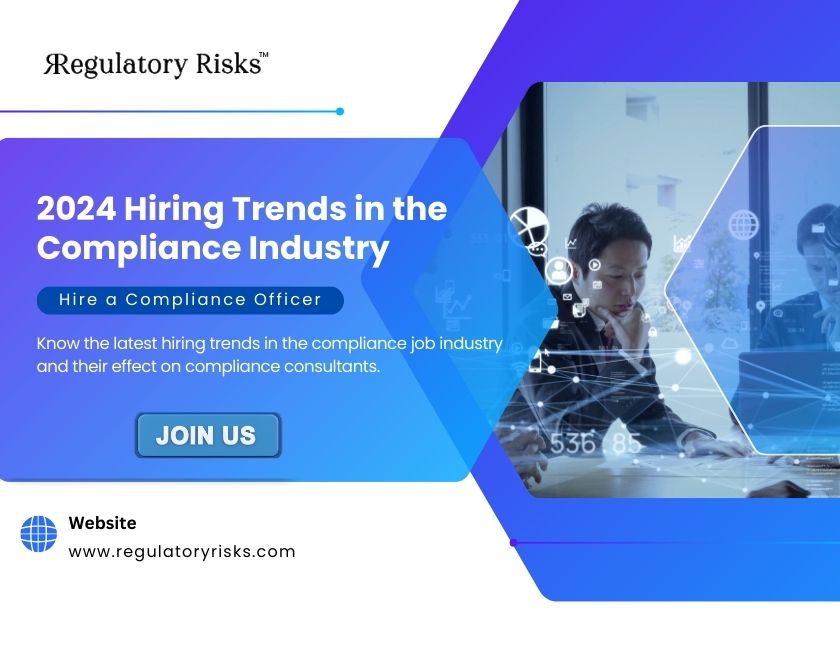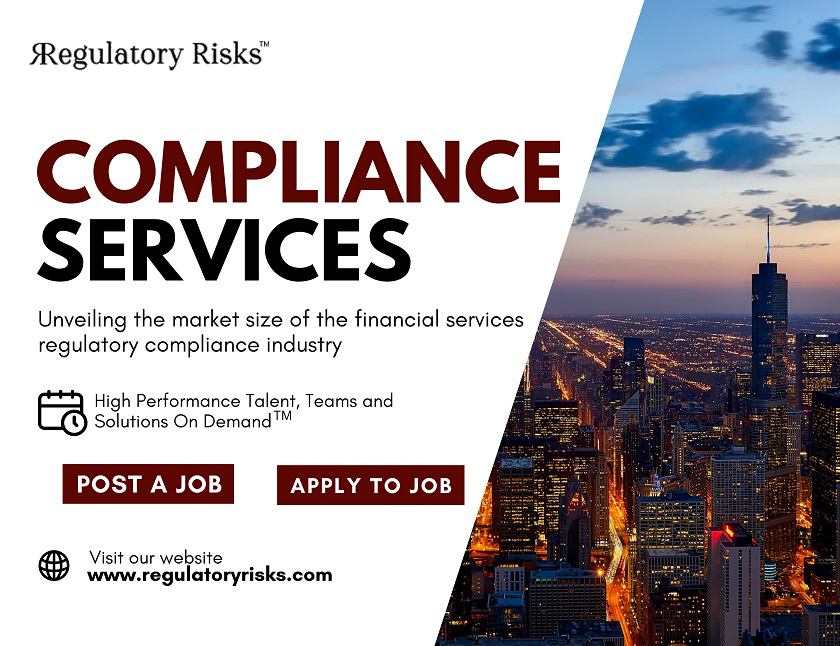In today's complex business landscape, regulatory compliance has become a critical issue for organizations of all sizes. Navigating the myriad of laws, regulations, and industry standards can be overwhelming. Non-compliance can result in severe penalties, legal actions, and damage to a company's reputation. This article will explore the top regulatory compliance challenges faced by businesses and how regulatory compliance consultants can provide essential support to overcome these hurdles.
Understanding Regulatory Compliance
Regulatory compliance refers to an organization’s adherence to laws, regulations, guidelines, and specifications relevant to its business processes. This compliance is crucial in industries such as finance, healthcare, manufacturing, and more. Companies must stay updated with the latest changes in regulations to avoid non-compliance issues.
The Importance of Compliance
Compliance is not just about avoiding fines or legal troubles; it is also about building trust with customers, stakeholders, and regulators. Organizations that prioritize compliance tend to have better operational efficiency, risk management, and overall corporate governance.
Top Regulatory Compliance Challenges
1. Keeping Up with Changing Regulations
One of the biggest challenges businesses face is staying updated with the constant changes in regulations. Laws and standards evolve, and companies need to adapt quickly to ensure compliance. This requires continuous monitoring and updating of compliance practices.
2. Data Privacy and Security
With the increasing importance of data in the digital age, data privacy and security have become significant compliance issues. Regulations such as the GDPR in Europe and the CCPA in California set stringent requirements for data protection. Non-compliance can lead to hefty fines and loss of customer trust.
3. Managing Third-Party Risks
Businesses often rely on third-party vendors and partners. Ensuring that these third parties also comply with relevant regulations can be challenging. Companies must conduct thorough due diligence and continuous monitoring to manage third-party risks effectively.
4. Regulatory Reporting
Accurate and timely regulatory reporting is essential for compliance. Companies need to collect, process, and report data in accordance with regulatory requirements. This process can be complex and time-consuming, especially for large organizations with vast amounts of data.
5. Employee Training and Awareness
Ensuring that all employees are aware of compliance requirements and trained to adhere to them is a significant challenge. Regular training programs and awareness campaigns are necessary to maintain a culture of compliance within the organization.
6. Compliance Costs
Compliance can be expensive. The costs associated with implementing and maintaining compliance programs, conducting audits, and investing in necessary technology can be substantial. For small and medium-sized enterprises (SMEs), these costs can be particularly burdensome.
7. Cybersecurity Threats
The rise of cyber threats poses a significant challenge to regulatory compliance. Companies must implement robust cybersecurity measures to protect sensitive data and comply with regulations related to data security.
8. International Regulations
For businesses operating globally, compliance with international regulations can be daunting. Different countries have different regulatory requirements, and companies must navigate this complex web to ensure global compliance.
9. Ethical and Environmental Standards
Increasingly, companies are expected to comply with ethical and environmental standards. This includes issues such as labor practices, environmental impact, and corporate social responsibility. Non-compliance can lead to reputational damage and legal repercussions.
10. Internal Audits and Assessments
Regular internal audits and assessments are crucial for maintaining compliance. However, conducting these audits can be resource-intensive and may require specialized knowledge and skills.
How Consultants Help Overcome Compliance Challenges
1. Expertise and Knowledge
Regulatory compliance consultants bring extensive expertise and up-to-date knowledge of laws and regulations. They help businesses understand and implement the necessary compliance measures effectively.
2. Risk Assessment
Consultants conduct thorough risk assessments to identify potential compliance risks. They provide strategies to mitigate these risks and ensure that the organization remains compliant.
3. Customized Compliance Programs
Consultants design customized compliance programs tailored to the specific needs of the business. These programs address the unique challenges faced by the organization and provide practical solutions.
4. Training and Education
Consultants offer training and education programs to ensure that employees are aware of compliance requirements and know how to adhere to them. This helps in building a culture of compliance within the organization.
5. Third-Party Management
Consultants assist in managing third-party risks by conducting due diligence and continuous monitoring of vendors and partners. They ensure that third parties comply with relevant regulations and do not pose a risk to the organization.
6. Technology Implementation
With the increasing importance of technology in compliance, consultants help businesses implement the necessary tools and systems for effective compliance management. This includes software for regulatory reporting, data protection, and risk management.
7. Continuous Monitoring and Reporting
Consultants provide continuous monitoring and reporting services to ensure ongoing compliance. They keep track of regulatory changes and update the compliance programs accordingly.
8. Cost Management
Consultants help businesses manage compliance costs effectively. They provide cost-effective solutions and strategies to implement compliance measures without compromising on quality.
9. Cybersecurity Solutions
With their expertise in cybersecurity, consultants help businesses implement robust measures to protect against cyber threats and comply with data security regulations.
10. Global Compliance Support
For businesses operating internationally, consultants offer support in navigating the complex web of international regulations. They ensure that the organization complies with the regulatory requirements of different countries.
The Role of a Chief Compliance Officer
A Chief Compliance Officer (CCO) plays a pivotal role in ensuring that an organization adheres to regulatory requirements. The CCO oversees the development, implementation, and maintenance of compliance programs. They work closely with regulatory compliance consultants to ensure that the organization remains compliant and addresses any compliance issues promptly.
To delve deeper into this topic, visit our blog.
When to Hire a Compliance Officer
Businesses may reach a point where it becomes necessary to hire a Compliance Officer. This decision is often driven by the complexity of regulatory requirements and the need for dedicated oversight. A Compliance officer provides the expertise and focus needed to maintain compliance and manage risks effectively.
Collaborating with Risk Management Consultants
In addition to compliance consultants, businesses can benefit from working with risk management consultants. These professionals’ help organizations identify, assess, and mitigate various risks, including compliance risks. Their expertise in risk management complements the efforts of compliance consultants, ensuring a comprehensive approach to regulatory adherence and overall risk management.
Conclusion
Navigating the complex world of regulatory compliance is challenging for any business. However, with the support of knowledgeable and experienced regulatory compliance consultants, organizations can effectively manage compliance risks and ensure adherence to relevant laws and regulations. By addressing the top compliance challenges and implementing robust compliance programs, businesses can build trust, enhance operational efficiency, and protect their reputation in the market. Additionally, the role of a chief compliance officer and the decision to hire a compliance officer are critical steps in maintaining a strong compliance framework. Collaborating with risk management consultants further strengthens a company's ability to manage risks and achieve regulatory compliance.




